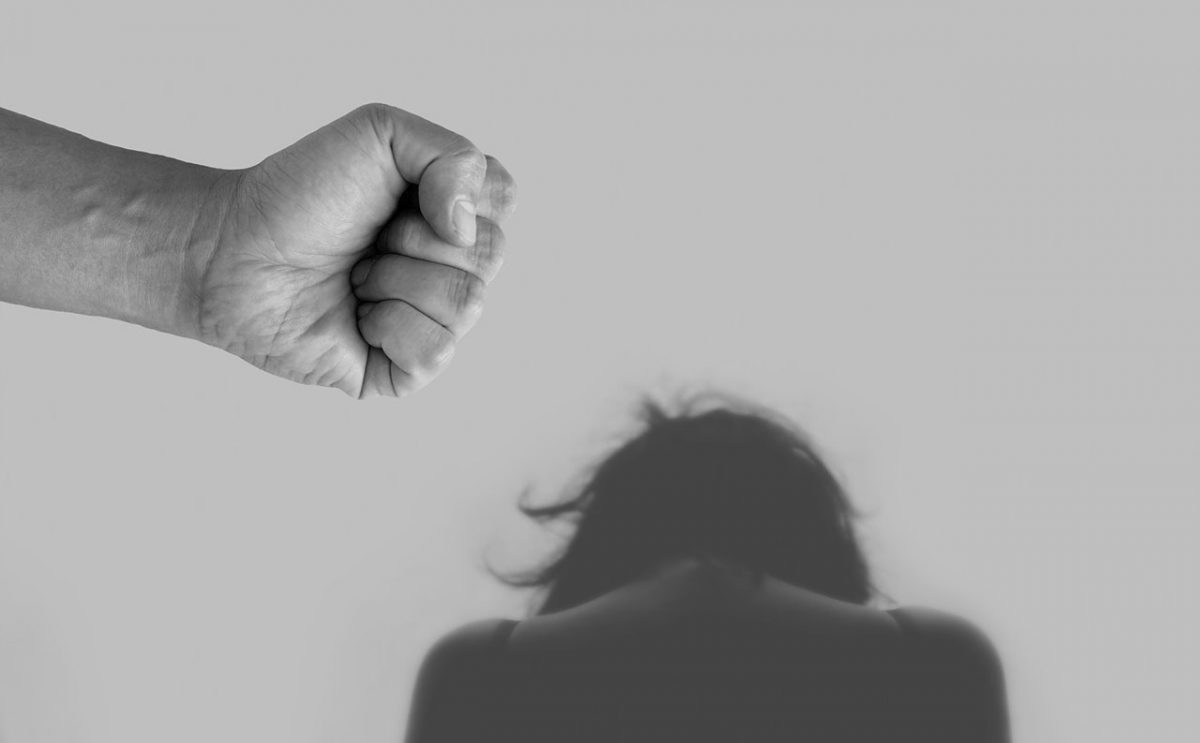 Since many places across the world have been forced to institute lockdowns, where citizens are forced to stay in our homes and go out only when absolutely necessary, we have seen an increase in the domestic violence cases.
Since many places across the world have been forced to institute lockdowns, where citizens are forced to stay in our homes and go out only when absolutely necessary, we have seen an increase in the domestic violence cases.
“Violence against women is a global public health problem of epidemic proportion, requiring urgent action,” says the World Health Organization. It estimates that almost 30 per cent “of all women who have been in a relationship have experienced physical and/or sexual violence” by their partner. And a United Nations report estimates that in one recent year, 137 women died each day around the world at the hands of their partner or another family member.
Statistics may reveal the magnitude of the problem of domestic abuse, but they cannot begin to describe the emotional and physical pain that each victim suffers. A majority of the cases tend to perpetrated against women
What you need to know:
Abuse comes in all forms but you need to always remember that nothing can ever justify the abuse of another person. There are many factors that may account for a person’s abusive behaviour, such as a personality disorder, family background, or the misuse of alcohol. Remember, too, a person who is abusive will need help as much as their victim.
If you feel unsafe or do not know what to do, others can help. Why may you need help from others? Domestic abuse is a complex situation. When deciding how to deal with it, you may struggle to weigh factors that seem to compete with each other, such as:
• Your personal safety
• The well-being of your children
• Your financial situation
• Your love for your partner
• A desire to salvage the relationship if your partner changes his actions
Naturally, you may feel confused and overwhelmed. Who can you turn to for help?
• A trusted friend or family member may be able to provide practical and emotional support. Talking to someone who cares for you can make a big difference.
• Hotlines for victims of domestic violence may offer immediate support. Those who work these hotlines can help you develop a safety plan. If your partner acknowledges his problem and sincerely wants to change, a hotline may be able to help him with the first steps he needs to take.
• Other emergency resources can help you if you are in immediate danger. These resources may include doctors, nurses, or other trained professionals.
There is absolutely no excuse for violence at any time and the justification that spending excessive time together creates disharmony is unacceptable and an easy way out for the abuser. Remember help is available in trusted family and friends if the situation becomes unbearable, especially at a time like this.
Alicia Roopnaraine is a Psychologist at the Georgetown Public Hospital Corporation’s Psychiatric Department. You can send questions or comments to her at [email protected]









